The Plague; a review
A narrative that focuses on a fictional epidemic while also serving as an allegory for the various human struggles against oppression during and after World War II.

"The Plague" is a novel with an eerily prescient view of a modern pandemic, urging us to uphold humanity’s core values of compassion, gentleness, and forgiveness. Written during Albert Camus’ service in the French Resistance against the Vichy government and published just before the Cold War, it reflects his deep commitment to individual freedom. After COVID, it’s understandable to think that this freedom conflicts with effective management of a global infection. This novel aims to be an inoculation against that belief.
Set in a sleepy French-Algerian coastal town, "The Plague" reflects Camus’ existential angst through the contrasting viewpoints of its main characters, especially Dr. Rieux, a local doctor, and Tarrou, a newcomer. Their perspectives often grapple with the tension between a moral obligation to act for humanity and the often futile struggle against the relentless forces of fate and determinism. For instance, Dr. Rieux frequently questions whether his work even has the ability to effect change in the face of the random, unsympathetic disease.
Additionally, several characters embody the prevalent sentiments of the era: Father Paneloux exemplifies religious hubris, Cottard—a down-on-his-luck outsider—finds opportunity amidst societal upheaval, and Rambert, the journalist, yearns to escape the lockdown. Through Cottard’s brutal beating at the hands of the police after the outbreak is contained, Camus protests against the fervent retribution that permeated post-WWII society,[1] instead advocating for justice grounded in human dignity.
This novel is a finely woven narrative that focuses on a fictional epidemic while also serving as an allegory for the various human struggles against oppression during and after World War II. For readers familiar with the historical context, the allegory of Vichy collaboration and the occupation of France may seem overly pronounced. However, having read the novel without this context, I found "The Plague" captivating as a standalone philosophical treatise on humanity in times of panic. It is intriguing that it simultaneously serves as a cautionary tale about fascism. This duality is poignantly captured at the novel’s conclusion when Dr. Rieux reflects:
The plague... never dies or vanishes entirely... it can remain dormant for dozens of years in furniture and clothing... it waits patiently in bedrooms, cellars, trunks, handkerchiefs and old papers, and... perhaps the day will come when, for the instruction or misfortune of mankind, the plague will rouse its rats and send them to die in some well-contented city.
It is haunting in its similarity to Helmut Kohl's[2] more terse statement about peace in Europe:
The evil spirits of the past have by no means been banished, they can always return.





